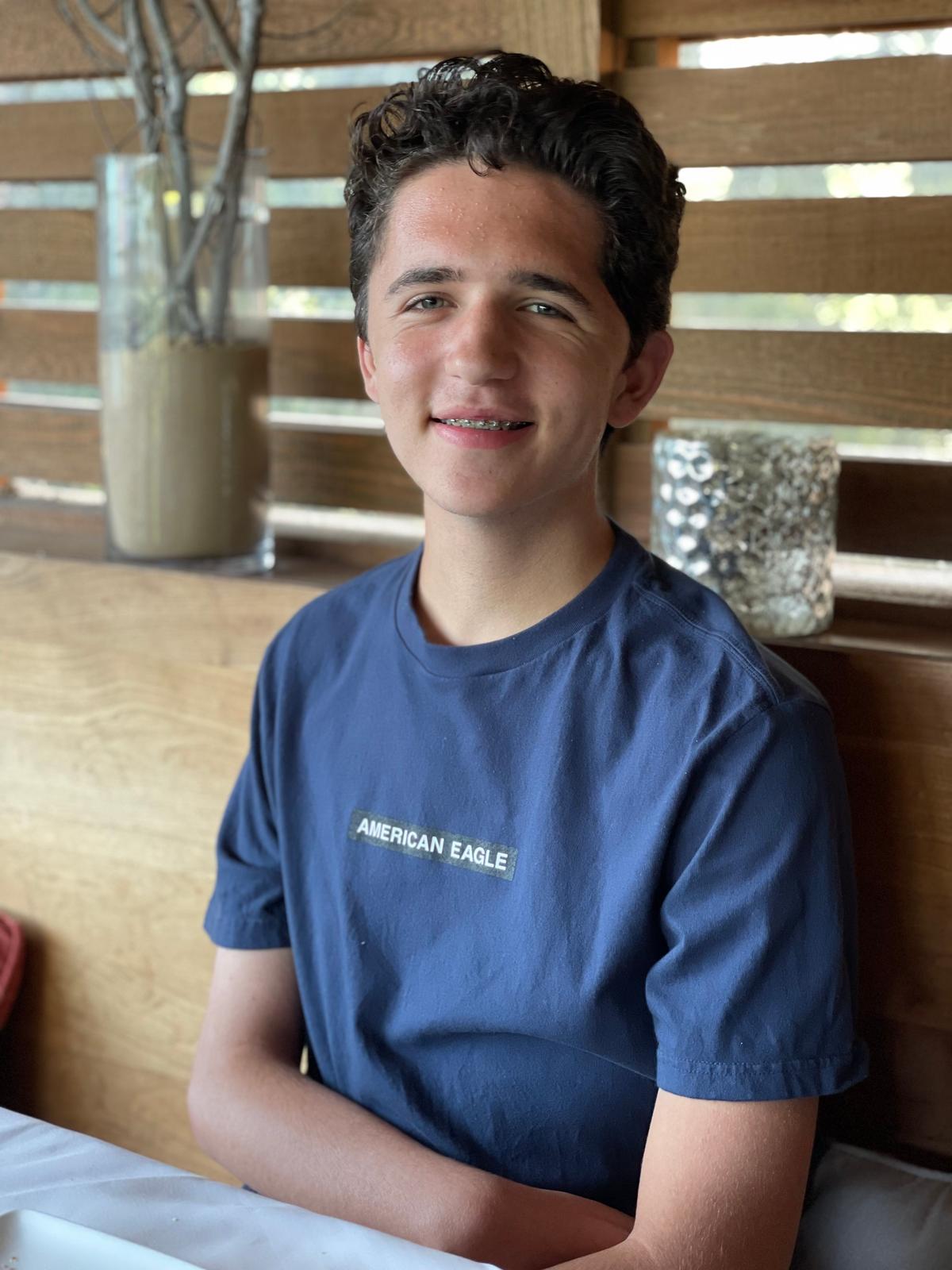An inspiring New Jersey teen who survived a “massive” stroke at the age of 7 has slowly rebuilt his life to become a happy, healthy 15-year-old. He and his family have now become advocates, educating others on the signs of pediatric stroke in hopes of saving lives.

Courtesy of Wendi Schweiger





